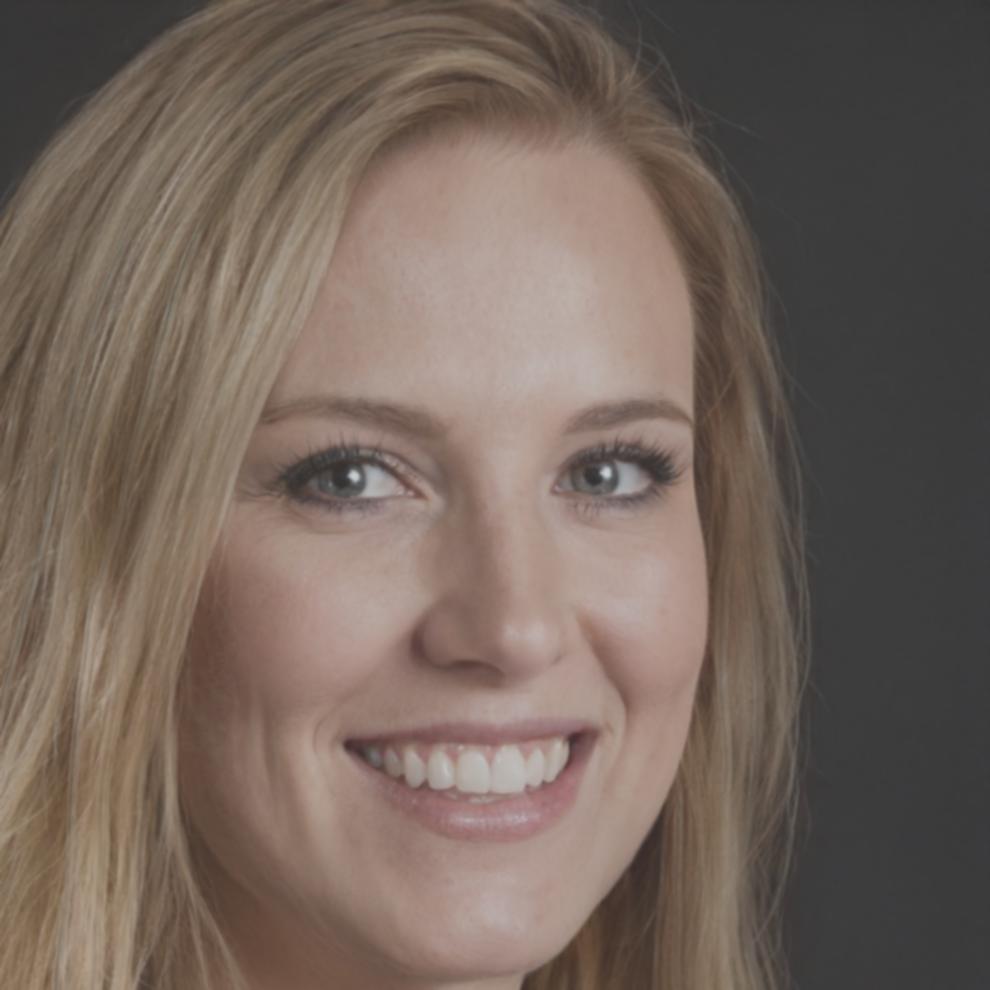Building Financial Confidence Through Real Understanding
Back in 2019, I started teaching budget workshops in community centres around Douglas. What surprised me most wasn't how little people knew about money management. It was how much shame they carried about it.
That's when qoravilian took shape. Not as another financial advice platform, but as a place where people could learn about budgeting without feeling judged. Where making mistakes with your first budget was expected, not embarrassing.
We've spent the last six years building programs that actually work for real people with messy financial situations, not theoretical perfect savers.

How Our Learning Path Actually Works
Most financial education throws everything at you at once. We break it down into stages that build on each other. You can't run before you walk, and you definitely can't create a five-year investment strategy before you've tracked your spending for a month.
Foundation Phase
We start with the basics that most people skip. Understanding where your money actually goes each month, not where you think it goes.
- Real expense tracking methods that stick
- Income pattern recognition
- Spending category breakdown
- First budget creation workshop
Goal Setting Module
Here's where it gets interesting. You learn to translate vague wishes into specific financial targets with timelines that make sense.
- Short and long-term goal definition
- Priority ranking exercises
- Timeline mapping strategies
- Progress measurement systems
Advanced Strategy
By this stage, you've got the fundamentals down. Now we tackle the complex stuff like debt management and building actual financial resilience.
- Debt reduction frameworks
- Emergency fund strategies
- Savings automation techniques
- Budget adjustment methods

Learning That Sticks With You
Every module includes practical exercises you complete with your actual financial information. We're not interested in theoretical knowledge that sounds good but never gets used.
Our autumn 2025 cohort will run weekly sessions from September through November, giving you time to implement each concept before moving forward. Because rushing through financial education doesn't help anyone.
You'll have access to monthly group check-ins throughout 2026 to troubleshoot issues as your life circumstances change. Budgets aren't set-and-forget documents, and we don't pretend they are.

Rhiannon Vickers
Lead Financial Educator
Former accountant who got tired of fixing problems that basic financial education could have prevented. Started teaching budget workshops in 2018 and hasn't looked back.
What We Actually Believe About Money
Financial literacy isn't about being perfect with money. It's about understanding your choices well enough to make intentional decisions instead of reactive ones.
Too many programs treat budgeting like a moral issue. Spend less, save more, feel bad if you don't. That approach doesn't work because life isn't that simple. Sometimes you need to spend money on things that don't fit neatly into a spreadsheet category.
What we teach is how to create systems flexible enough to handle reality while still moving you toward your actual goals. Not someone else's definition of financial success. Yours.
Practical Budget Design
Creating spending plans that work with your income patterns and lifestyle, not against them.
Goal-Based Planning
Translating abstract wishes into concrete financial targets with realistic timelines.
Behaviour Change Support
Building habits that stick beyond the initial motivation phase.
Crisis Navigation
Adjusting financial plans when life throws unexpected challenges your way.
Who This Really Helps
Our programs work best for people who are tired of feeling stressed about money but don't know where to start fixing it. Maybe you earn decent income but still feel broke by the end of each month.
Or you've tried budgeting apps that made you feel like a failure every time you checked them. The problem usually isn't discipline. It's that no one taught you how to build a budget that accounts for how you actually live.
We work with people at all income levels because the principles stay the same whether you're managing two thousand or twenty thousand a month. The goal is always the same: more control, less anxiety, clearer path forward.
